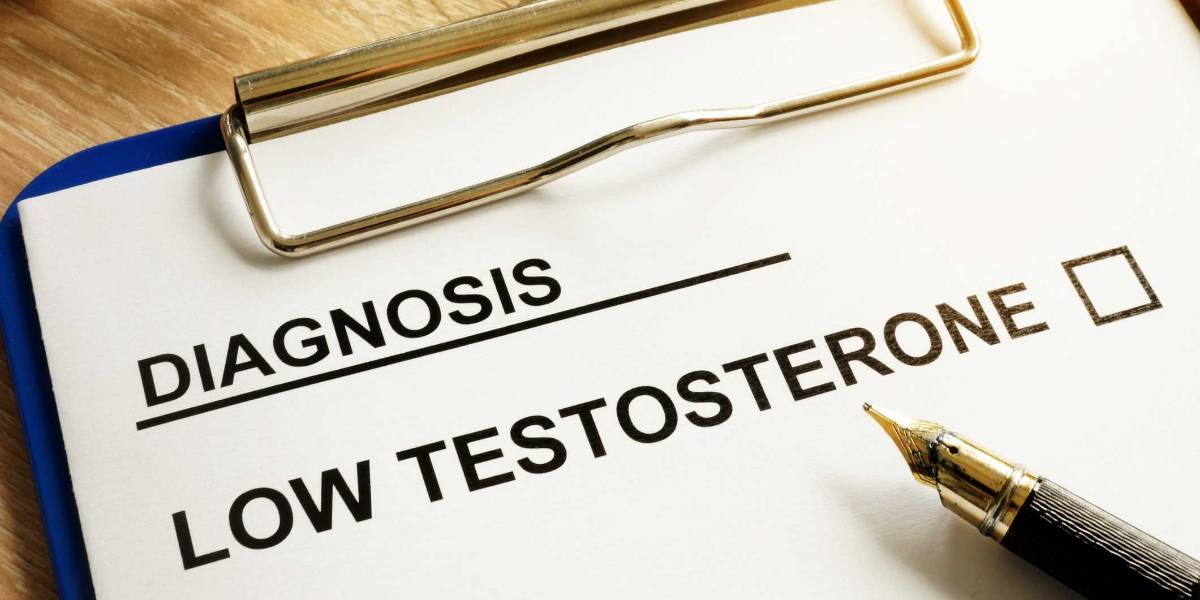Men can have sex for a longer amount of time if they regularly do pelvic floor exercises, new evidence identifies.
Otherwise known as kegel exercises, tensing and relaxing the pelvic floor muscles has been found to help a man last roughly two minutes longer during sexual intercourse.
These types of exercises are commonly performed by women after giving birth as they have been found to help retighten the vagina.
- Cognitive problems in old age associated with decline in sexual satisfaction during middle-age
- Males with higher sex drive live longer than men with lower libido
However, a video that has gone viral has now highlighted the benefits of kegel exercises for males, with some men seeing improvements to their sex life within two weeks.
During the study, a group of Italian doctors examined the health of 40 men who regularly experience premature ejaculation.
The average duration of sex at the start of the study was 39 seconds. After all the participants regularly performed kegel exercises, more than 80% of the men were able to last around two minutes longer than before the trial.
According to prior research, pelvic floor exercises are also good for treating erectile dysfunction as they strengthen the muscle that supports erections and improve blood flow to the penis.
Dr Brian L. Steixner, director of the Institute for Men’s Health at Jersey Urology Group, said: “There isn’t a day that goes by that I don’t teach Kegels to at least five guys for various conditions.”
Kegel exercises strengthen the ischiocavernosus and bulbospongiosus muscles which play key roles in forming and maintaining an erection as well as expelling semen during ejaculation.
Premature ejaculation occurs in men when semen leaves the body sooner than wanted during sex.
It is a common sexual complaint, with as many as 1 in 3 people saying they have it at some time.
Premature ejaculation is normally considered when a man ejaculates within one minute of their penis entering their partner.
Men with lifelong premature ejaculation are likely to experience anxiety, low self-esteem, depression and severe stress, the report has revealed.
The study was published in the journal Therapeutic Advances in Urology.





